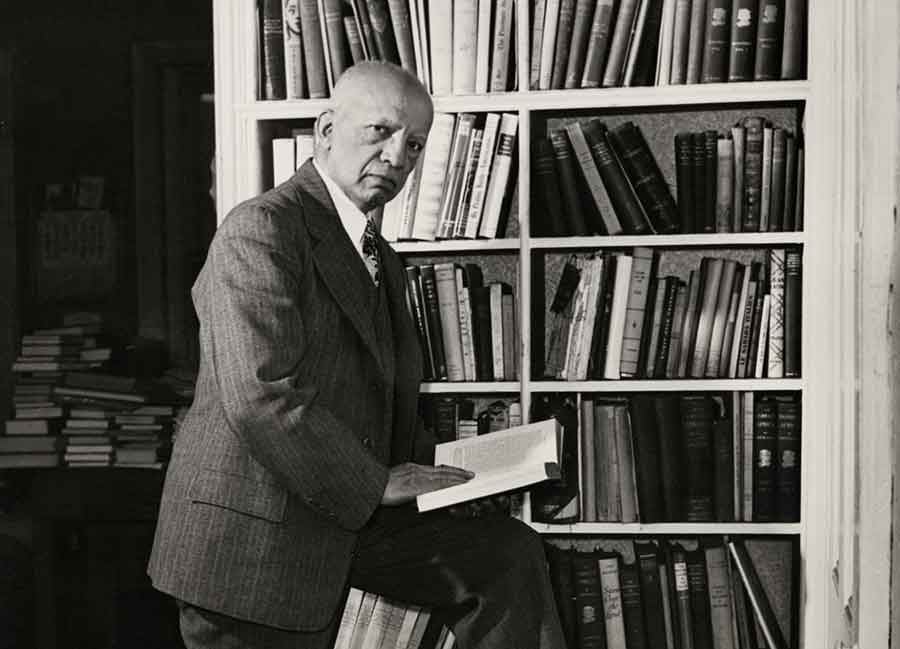I was listening to a group of Black high school students in Florida responding to Governor DeSantis’ dictum about cancelling the AP African American Studies course – and this young man said, “It’s like they’re saying we have no history” — and my thoughts instantly sprung to Carter G. Woodson (1875-1950), the Father of Black History Month.
Pulitzer Prize winner David Levering Lewis praised my “incisive profile of the pioneering historian Carter Woodson [as] a small masterpiece.” It’s Chapter 9 (pp 163-181) in my book,The American Revelation: Ten Ideals that Shaped Our Country From the Puritans to the Cold War, available on Kindle, and in paperback, at reduced prices on Amazon.
When Woodson was at Harvard, Prof. Edward Channing told his class that “the Negro has no history,” to which Carter retorted, “No people lacks a history!”
He went on to tell his own students in the decades to come that “if a race has no recorded history, it will become a negligible factor in the thought of the world.”
Woodson said he wrote The Negro in Our History (1922) “to correct the binary distortion of the American narrative…What we need,” he declared, “is to wake up to an understanding of the Negro heritage – and to ‘do for self!'”
In 1926, Carter Woodson established Negro History and Literature Week because, he announced, “What we need is not a history of selected races or nations — but a history of the world, void of national bias, race-hate and religious prejudice.”
I know some of this may have become familiar — but Woodson’s powerful ideals rise up now, as timely as they ever were.
